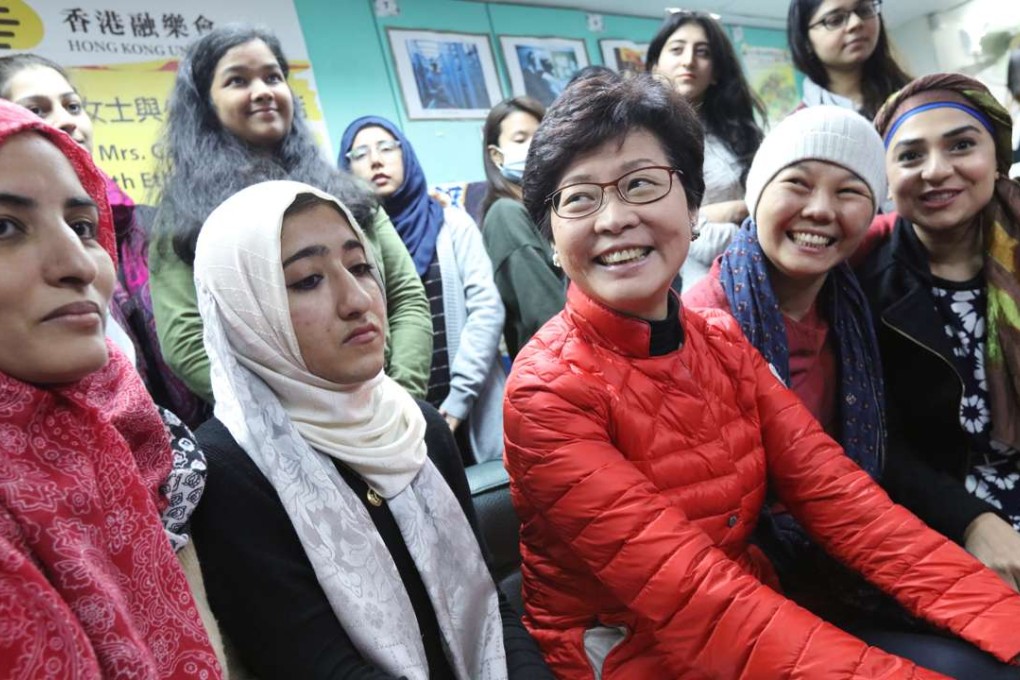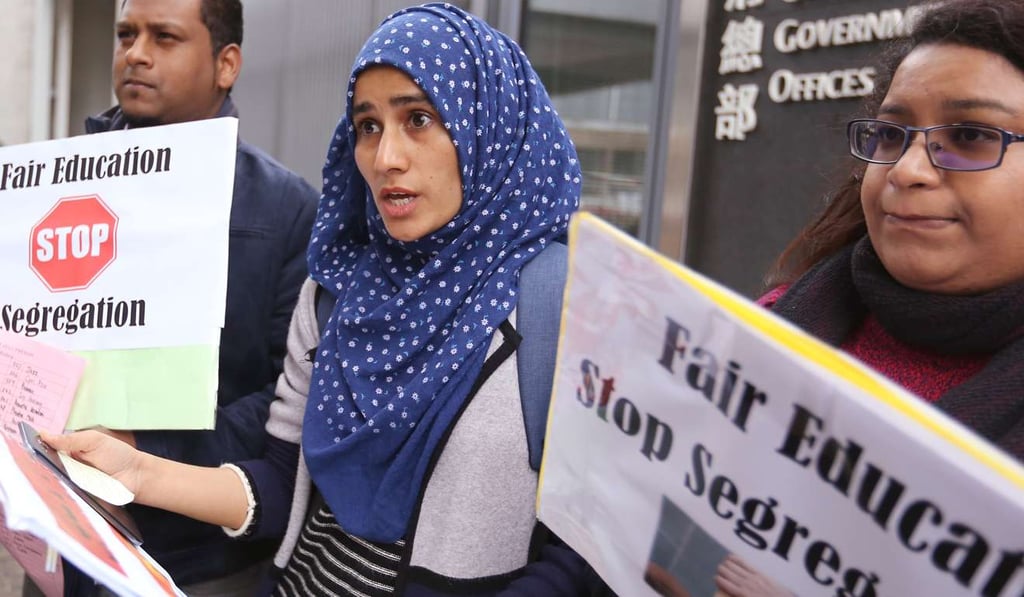Hong Kong needs to do more to make its non-Chinese residents feel at home
Gary Wong wants the next chief executive to introduce new integration policies for the city’s non-ethnic-Chinese population, on issues from education and jobs to discrimination

Given the current political climate in Hong Kong, there is an urgent need to not only bridge the adversarial divide but also rebuild social cohesion. Fighting for the disadvantaged to create a diverse, inclusive society remains one of my goals as a politician.
Despite Hong Kong’s privileged “small-circle” election system, the next chief executive must not turn a blind eye to the forgotten people in society, including the 450,000 non-ethnic-Chinese who account for 6 per cent of the total population.
Hong Kong’s next chief executive must better heed ethic minority views
Having spent time abroad, in places like Bangalore, Oxford and Shanghai, it is clear that a society free of discrimination is key to socio-economic development. Hong Kong, as a world city and home to thousands of migrants, should do more to ensure inclusion for non-ethnic-Chinese residents and empower them to lead a better life.
